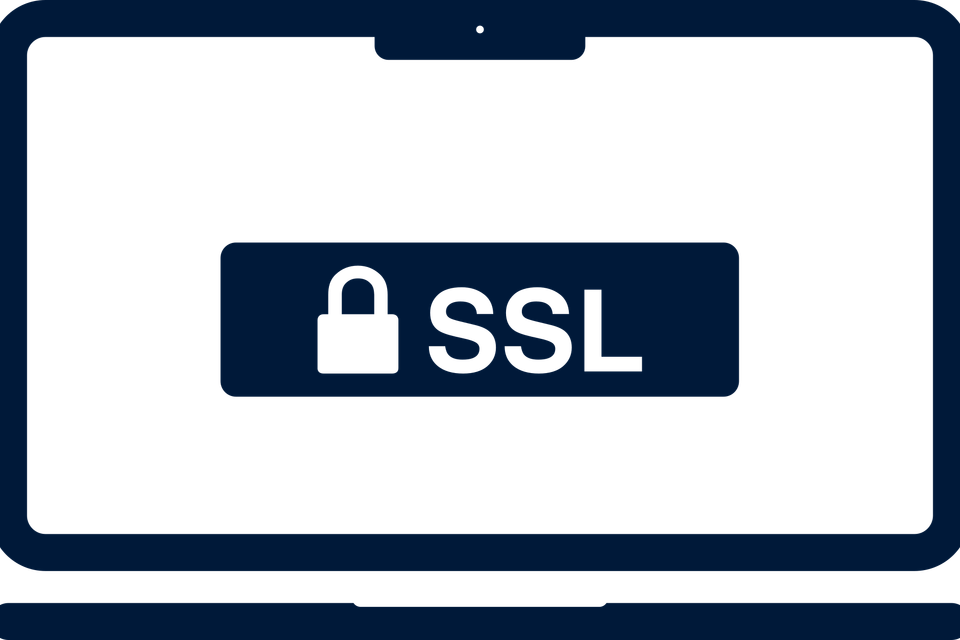
The Benefits of Using SSL Certificates for Your Website
In the realm of website security, an SSL (Secure Sockets Layer) certificate is one of the most essential tools you can use to protect your site and your users' data. SSL certificates encrypt the data exchanged between your website and its visitors, making it much harder for malicious actors to intercept or tamper with sensitive information. Here’s why incorporating an SSL certificate into your website is crucial:
1. Enhanced Data Security
What It Is: An SSL certificate encrypts data transmitted between your website and its visitors. This means that any information exchanged, such as personal details, payment information, or login credentials, is securely encrypted.
Benefits:
- Protects Sensitive Information: Encryption safeguards sensitive data from being intercepted by hackers.
- Prevents Data Tampering: Ensures that data is not altered or corrupted during transmission.
2. Increased User Trust
What It Is: SSL certificates display a padlock icon in the address bar and shift the URL from "http" to "https," signaling a secure connection.
Benefits:
- Builds Confidence: Users are more likely to trust websites with visible security indicators.
- Encourages Transactions: A secure connection reassures users that their transactions are safe, leading to increased sales and conversions.
3. Improved Search Engine Rankings
What It Is: Search engines, like Google, prioritize secure websites in their ranking algorithms.
Benefits:
- Higher SEO Ranking: SSL certificates can positively impact your site’s position in search engine results pages (SERPs).
- Competitive Advantage: Provides a slight edge over competitors who do not use SSL.
4. Compliance with Regulations
What It Is: Various data protection regulations and standards require the use of encryption to protect user data.
Benefits:
- Meets Legal Requirements: Adheres to regulations such as GDPR (General Data Protection Regulation) and PCI-DSS (Payment Card Industry Data Security Standard).
- Avoids Penalties: Helps you avoid fines and legal issues related to data breaches and non-compliance.
5. Prevention of Phishing Attacks
What It Is: SSL certificates help verify that a website is legitimate, reducing the risk of phishing attacks where malicious sites impersonate trusted ones.
Benefits:
- Protects Users from Fraud: Ensures that users are interacting with your genuine website, not a fraudulent one.
- Maintains Brand Integrity: Helps prevent damage to your brand’s reputation caused by phishing schemes.
6. Enhanced Data Integrity
What It Is: SSL certificates ensure that data exchanged between your website and its visitors is not altered during transmission.
Benefits:
- Maintains Data Accuracy: Protects against unauthorized alterations of data sent between users and your site.
- Reduces Errors: Ensures that users receive accurate and unmodified information.
7. Increased Confidence in Online Transactions
What It Is: SSL certificates create a secure environment for online transactions by encrypting payment and personal information.
Benefits:
- Boosts Conversion Rates: Users are more likely to complete transactions when they feel their payment details are secure.
- Encourages Repeated Business: Secure transactions build trust and encourage customers to return.
Conclusion
Implementing an SSL certificate on your website is not just a matter of compliance or best practice—it’s a critical step in protecting your users’ data and enhancing your site’s credibility. By ensuring that data is encrypted, user trust is built, and SEO rankings are improved, SSL certificates provide substantial benefits to both you and your visitors. For assistance in obtaining and installing an SSL certificate, or to learn more about how to enhance your website’s security, contact FireVibe Web Design. We’re here to help you create a secure and trustworthy online presence.
